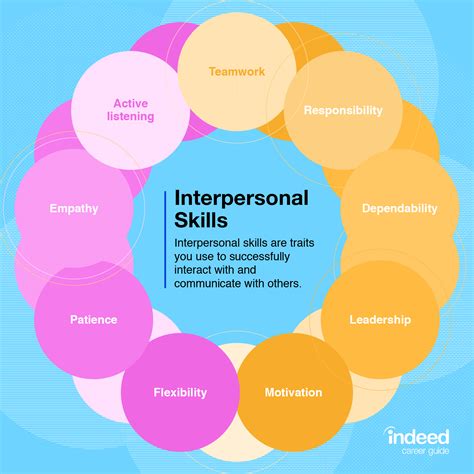There’s a growing sentiment in the professional world that being the smartest person in the room isn’t always the path to success. Instead, it’s being the kindest that can have a more lasting and positive impact. The crux of this argument lies in the idea that intelligence, while valuable, often pales in comparison to the effects of kindness on team dynamics and productivity. The workplace thrives on collaboration, understanding, and effective communication—all deeply rooted in empathy and respect.
The notion that kindness should overshadow intelligence isn’t to undermine the importance of expertise and knowledge. Rather, it’s an acknowledgment that emotional intelligence plays a pivotal role in how effectively a team operates. For instance, listening actively and respecting others’ viewpoints can foster a more inclusive environment that encourages innovative solutions. Founder Jorge Galindo posits that focusing on these softer skills over sheer intellectual prowess can positively shift the workplace ecosystem. This means that team members feel valued and understood, leading to greater engagement and productivity.
A deeper dive into workplace dynamics reveals that emotional intelligence, often exhibited through kindness, is not merely beneficial but essential. Spooky23 aptly notes that acting dominant and showcasing intelligence can be compared to primal displays of power. On the contrary, true intelligence and maturity often manifest as empathy and thoughtfulness. This perspective challenges the traditional belief that assertiveness equates to competence, instead proposing that humility and consideration of others are equally valuable traits in a professional setting.
Benevolence in the workplace also means focusing on solutions rather than problems. One might question this, as boopmaster did, pondering if practical problem-solving truly counts as a kind act. In reality, problem-solving through a lens of empathy involves understanding the impact of issues on team members and working collaboratively towards resolutions. HeatrayEnjoyer rightly suggests that this can be seen as emotional intelligence, another critical layer of being ‘smart’ within a team context.
Another critical argument raised by Xeamek highlights the balance between kindness and intelligence. They assert that intelligence without kindness renders a person insufferable, while kindness devoid of any intellectual substance can seem insincere and unproductive. True leadership and effective teamwork require a harmonious blend of both. This is echoed by mydriasis, who believes that kindness in the workplace acts as an investment, with the potential for substantial returns as it fosters a collaborative ethos that benefits the entire organization.
The real world isn’t binary, and this discussion isn’t about choosing kindness over intelligence or vice versa. cheschire notes that the initial argument doesn’t necessarily pit one against the other but suggests a blend where kindness could take precedence in terms of day-to-day interactions and practices. This view proposes that empathy should underpin all professional engagements, ensuring that intelligence serves as a complementary rather than a conflicting force.
It’s also important to recognize that workplace culture and environments can vary significantly, influencing the effectiveness of kindness. laiqtzyx recounts personal experiences of trying to be kind and subsequently being taken advantage of, highlighting that without reciprocity, kindness can sometimes falter. This suggests that for kindness to truly be effective, it needs to be a shared and recognized value within the team or organization.
The final piece of this intricate puzzle is the role of clarity and directness in kindness. While some might equate kindness with being overly sweet or non-confrontational, others like jzb point out that real kindness involves being candid and offering constructive feedback. This doesn’t mean shying away from difficult conversations but approaching them respectfully and thoughtfully. This way, teams can handle issues effectively without resorting to harshness or disrespect.
In conclusion, kindness shouldn’t be seen as a weakness or as an inferior trait to intelligence. Rather, it should be viewed as a powerful tool that enhances team dynamics, productivity, and job satisfaction. By integrating empathy and respect into everyday professional interactions, we create environments where both individuals and organizations can truly thrive.


Leave a Reply